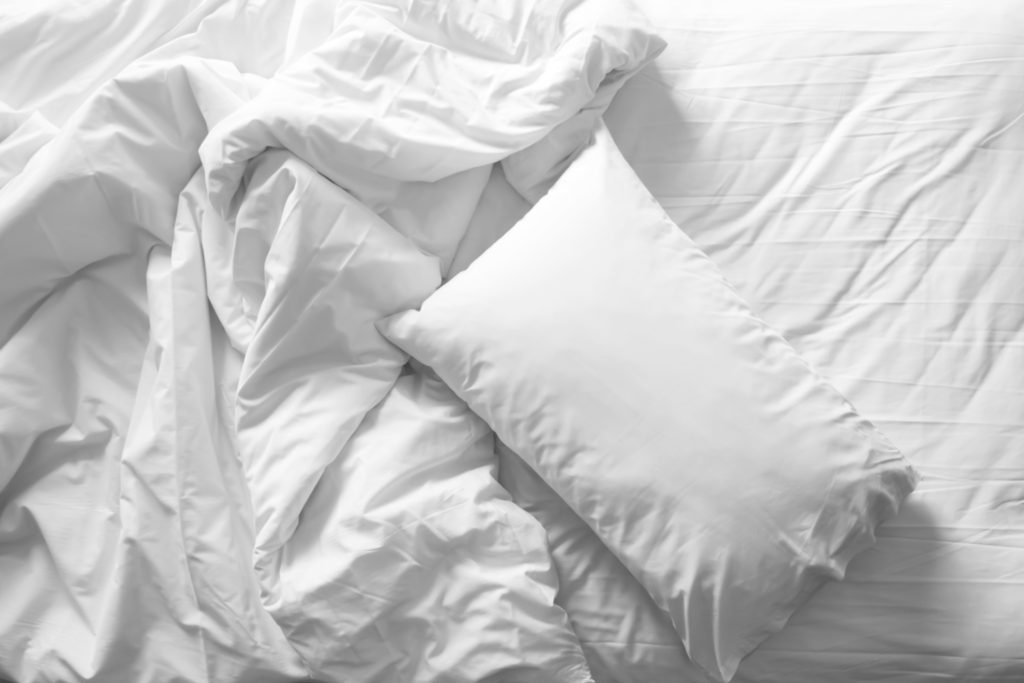More than 20 percent of the world’s population suffer from sleep problems. Research has shown that poor sleep affects the gut flora negatively, which can be problematic since this is where most of the immune system is located.

A study conducted in Israel, examined what happens to the gut flora when sleep is irregular. The study focused on stool samples from lab mice. And also tested a small group of people who were jet lagged.
One thing the study on mice conducted was that the activity in the gut flora looked different during the day compared with at night. When the mice were awake and active, the bacteria in the gut flora were mainly involved in burning nutrients and repairing DNA. When the mice rested and slept, the gut bacteria instead transported away toxins and built up different parts of the gut flora. If, on the other hand, the mice suffered from a disrupted and irregular circadian rhythm, the same fluctuations and activities did not occur in the gut flora. Which indicates that the circadian rhythm and sleep quality may have an effect on the composition and function of the gut flora.
The part of the study that was performed on humans showed that the participants with jet lag had increased concentrations of the type of bacteria more common in individuals suffering from obesity and diabetes. These bacteria are also associated with weight gain, increased levels of blood glucose and a higher percentage of body fat. When the study’s subjects returned to regular sleeping habits, the concentrations of unhealthy bacteria dropped and the balance in the gut stabilised.
A study published in an American journal showed that there may be a connection between the gut flora and our sleep. In the study, different values in the bodies of test subjects, relating to sleep quality, were monitored while they slept. This by using advanced measuring tools. The researchers took samples of the subjects gut flora, and could conclude that the subjects who got the most qualitative sleep were the ones who had the greatest variety of bacteria in their guts.
You may know that melatonin is the sleep hormone that makes us tired. But in order for melatonin to be created, another hormone is required. Namely; serotonin. And 95 percent of the serotonin in our bodies is produced in the gut. Which is affected by sleep. Serotonin is often described as a “happiness hormone” and has a powerful effect on our mood and cognitive function. And also plays an important role in regulating our sleep cycles. Keeping the intestines in good shape is therefore important for both mood, cognition and ultimately sleep.
So what can one do to ensure a good night’s sleep?
These are some of the things that are said to promote sleep quality. Since your gut health also have an effect on your sleep, an anti-inflammatory and intestinal-friendly diet is worth trying.
Study by S Eran Elinav, immunologist and microbiome specialist at the Weizmann Institute of Science in Rehovot, Israel: www.sciencemag.org/news/2014/10/are-your-bacteria-jet-lagged
Study published in the medical journal Plos One by American researchers at Nova Southeastern University: https://journals.plos.org/plosone/article?id=10.1371/journal.pone.0222394
Det ser ut til at du er i Norge. Besøk vår norske nettside her www.supersynbiotics.no